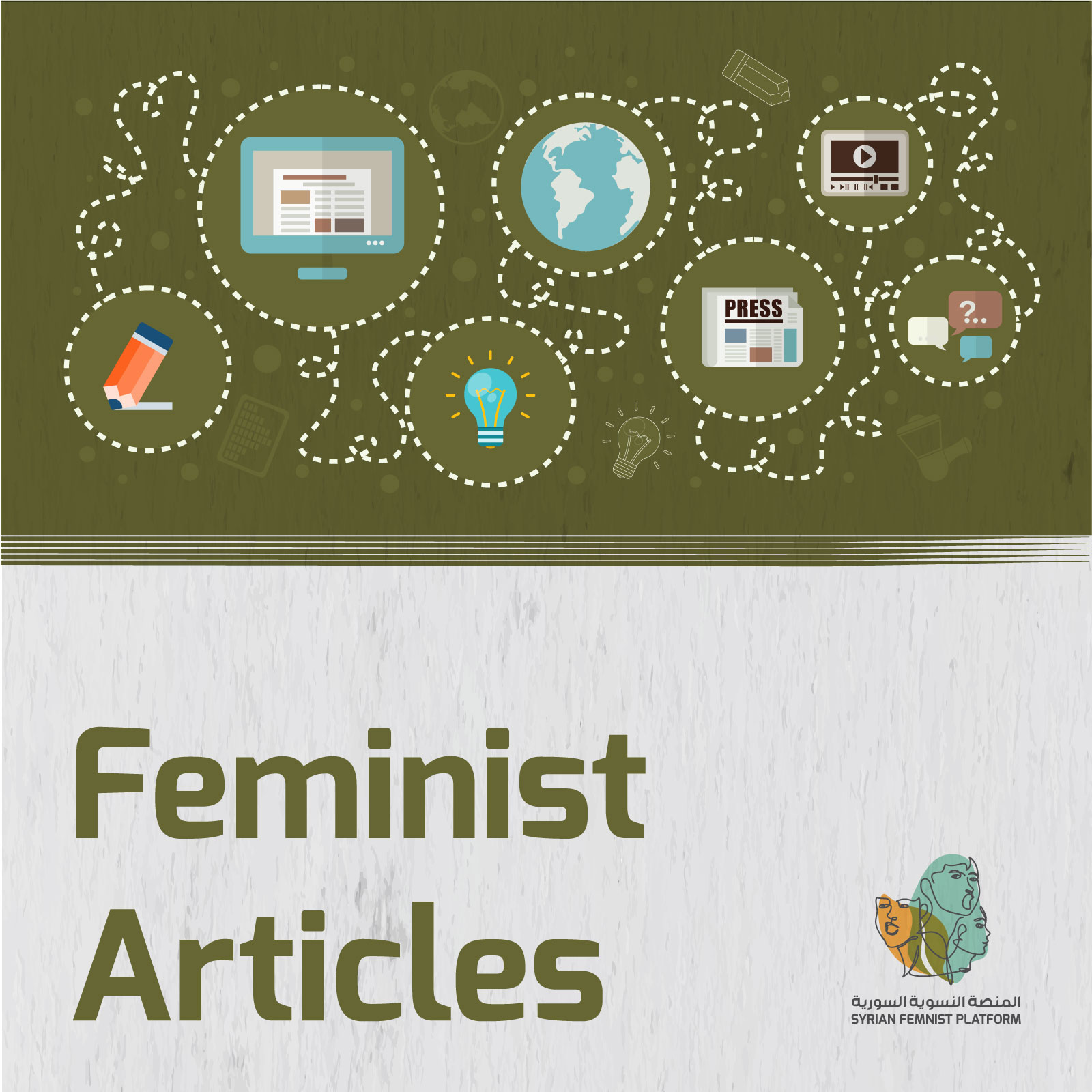Newsletter| Women on Web
The ruling was a result of the legal proceedings initiated in 2021 by Women’s Link Worldwide and Women on Web to defend the right to information on the internet about safe abortion and sexual and reproductive rights. The Court judgment recognized that the complete blocking of the website without judicial authorization was undemocratic and a disproportionate measure.
Nine months have passed since the ruling and access to the website remains blocked. Not only has the ruling not been enforced but Women on Web and Women’s Link Worldwide have been recently told that it is not possible to partially unblock the website and, therefore, the whole website will remain blocked.
Nine months have passed since the ruling, and access to the website remains blocked. Not only has the ruling not been enforced but Women on Web and Women’s Link Worldwide have been recently told that it is not possible to unblock the website partially and, therefore, the whole website will remain blocked.
The Supreme Court’s decision considers that the information, recommendations, and opinions on abortion on Women on Web’s website are protected by the right to information and freedom of expression. Still, the website remains inaccessible for Spanish abortion seekers, unprotected by these fundamental rights.
If the website cannot be partially unblocked, then access to the whole website should be immediately restored. Any other reasoning violates the right to access crucial, life-saving information, about safe abortion.
“We feel misled and betrayed by this ruling. We were never entirely satisfied with the decision to keep part of our pages blocked, but to learn that there was never a real possibility to unblock our pages partially feels very unfair and disingenuous”. – Venny Ala-Siurua, Executive Director, Women on Web
By keeping Women on Web’s page blocked, the Spanish government is sending conflicting messages about its commitments to reproductive justice and access to abortion. The Socialist Party (PSOE) amended the law in 2010, shifting the model from grounds for decriminalized abortion to abortion on demand until the first 14 weeks of pregnancy. A constitutional challenge against this law was filed by the conservative Popular Party (PP), and the Constitutional Court has recently found that the law is respectful of the Constitution. A coalition of PSOE and left-wing PODEMOS have further improved access to abortion and reproductive health services by amending the abortion law in 2023. So why does the government insist on keeping Women on Web’s website blocked, making critical information inaccessible for poor, rural, and migrant women who turn to Women on Web for information they cannot find elsewhere?
The case is currently waiting to hear from the Constitutional Court where Women’s Link Worldwide and Women on Web have challenged the ruling to unblock the website only partially.
Gema Fernández, attorney at Women’s Link, says that “after the recent ruling of the Constitutional Court confirming the right to freely decide on the continuation of pregnancy within the first 14 weeks of gestation, the Government has the ideal legal framework to harmonize its policies on abortion and take a further step to facilitate access to more people”.
We request the Spanish government, through its agency AEMPS, to stop advocating for the whole website to be blocked and take all the appropriate measures to unblock Women on Web’s entire website.
It is essential that the government act now because, as in other regions of Europe, anti-abortion movements and anti-rights political parties are pushing for laws and initiatives to put more barriers to voluntary termination of pregnancy. The Spanish state can’t abandon those who urgently need access to legal, safe and dignified abortions.

